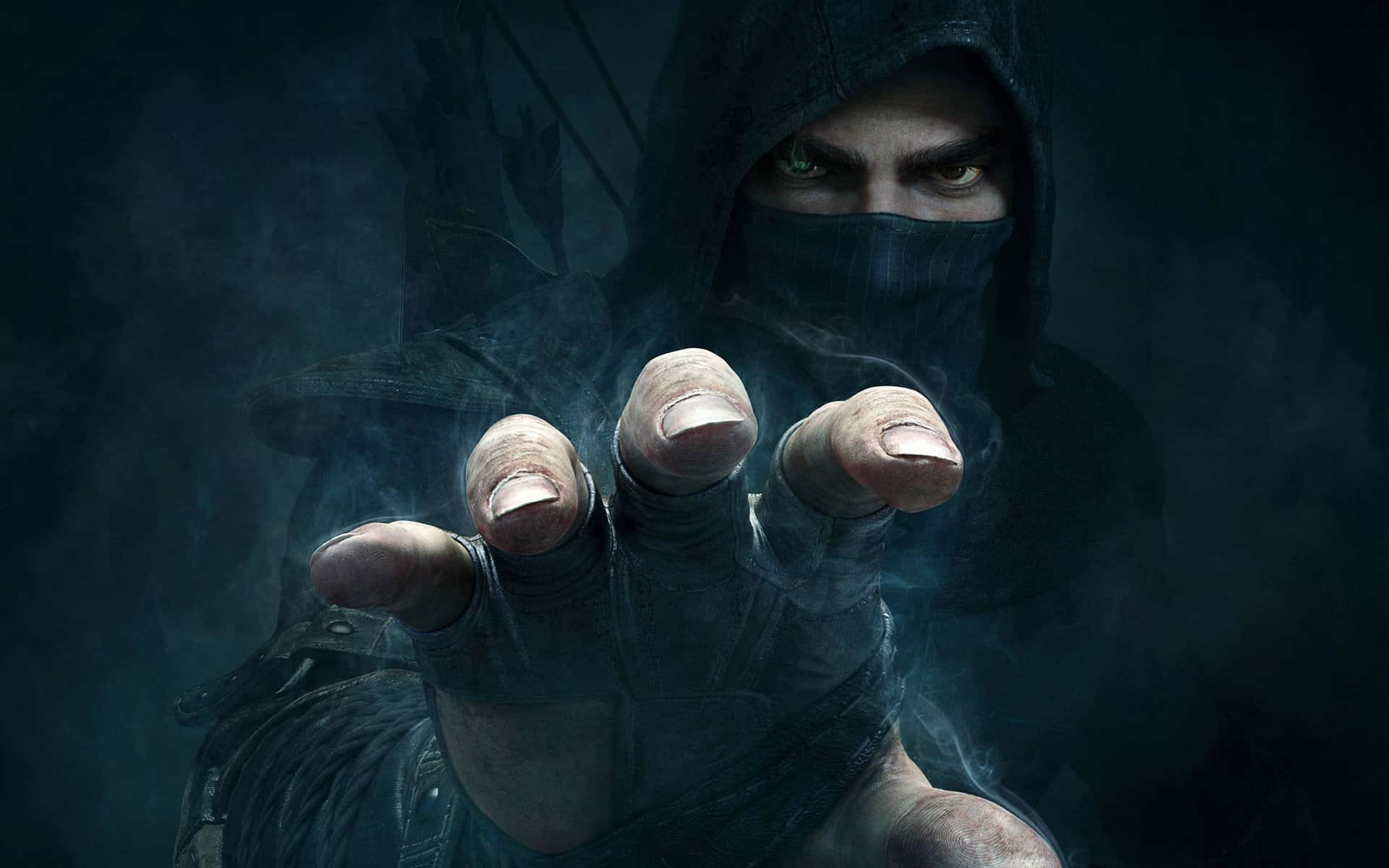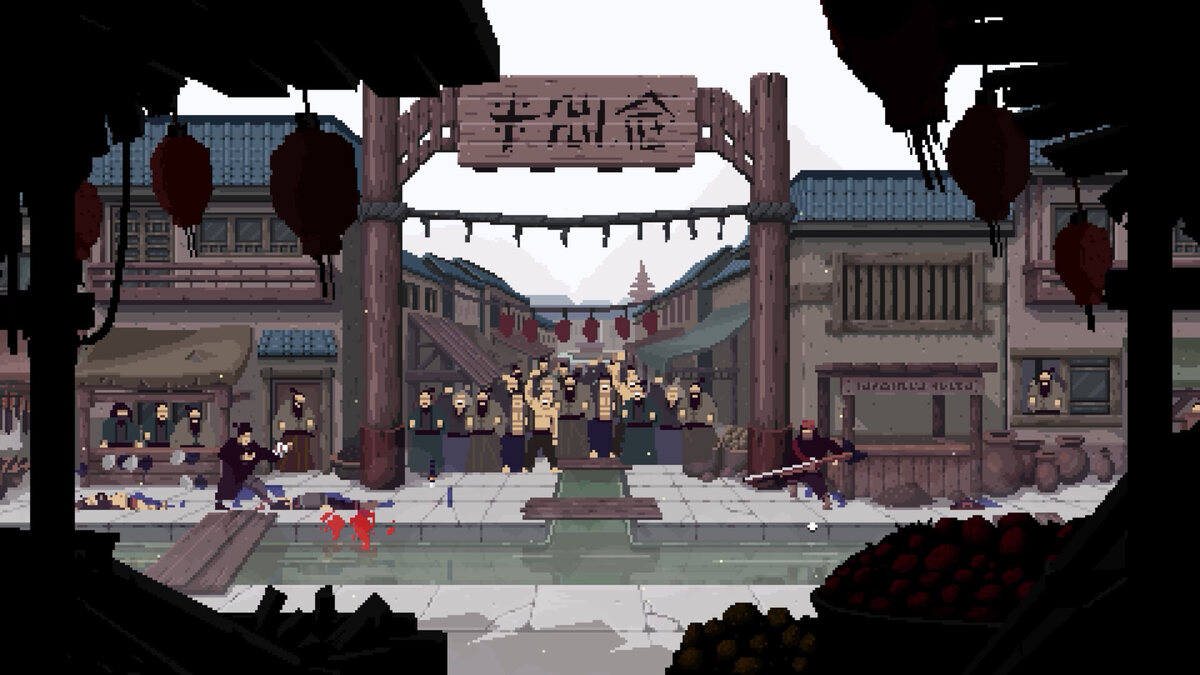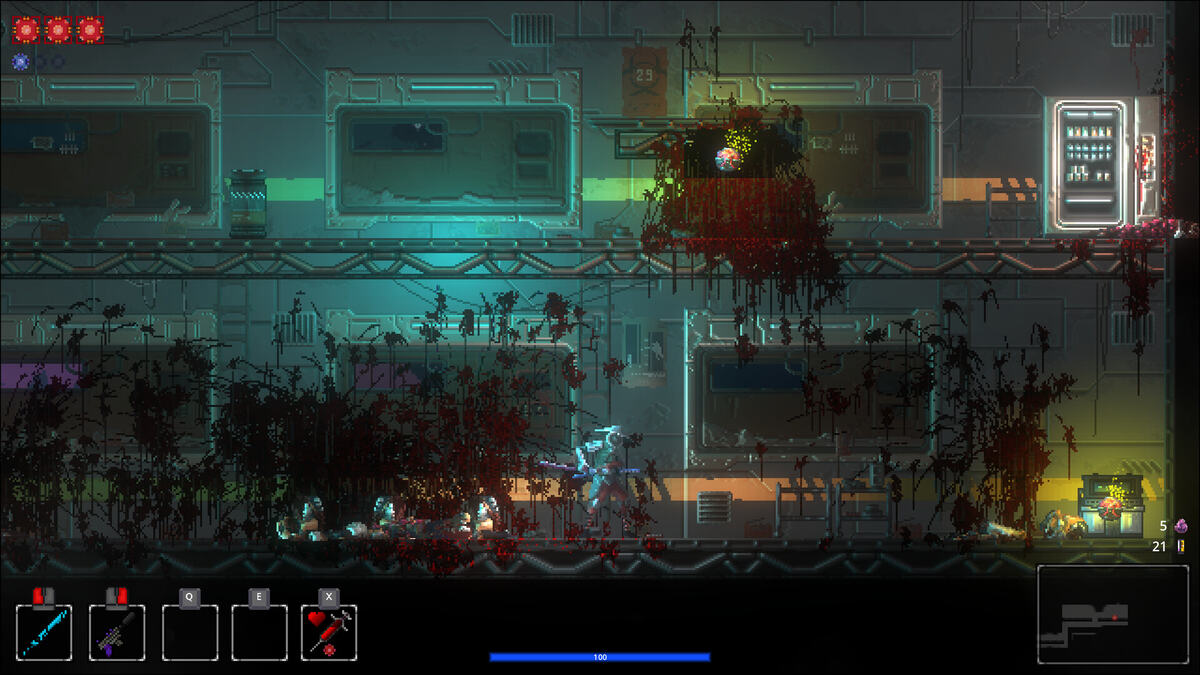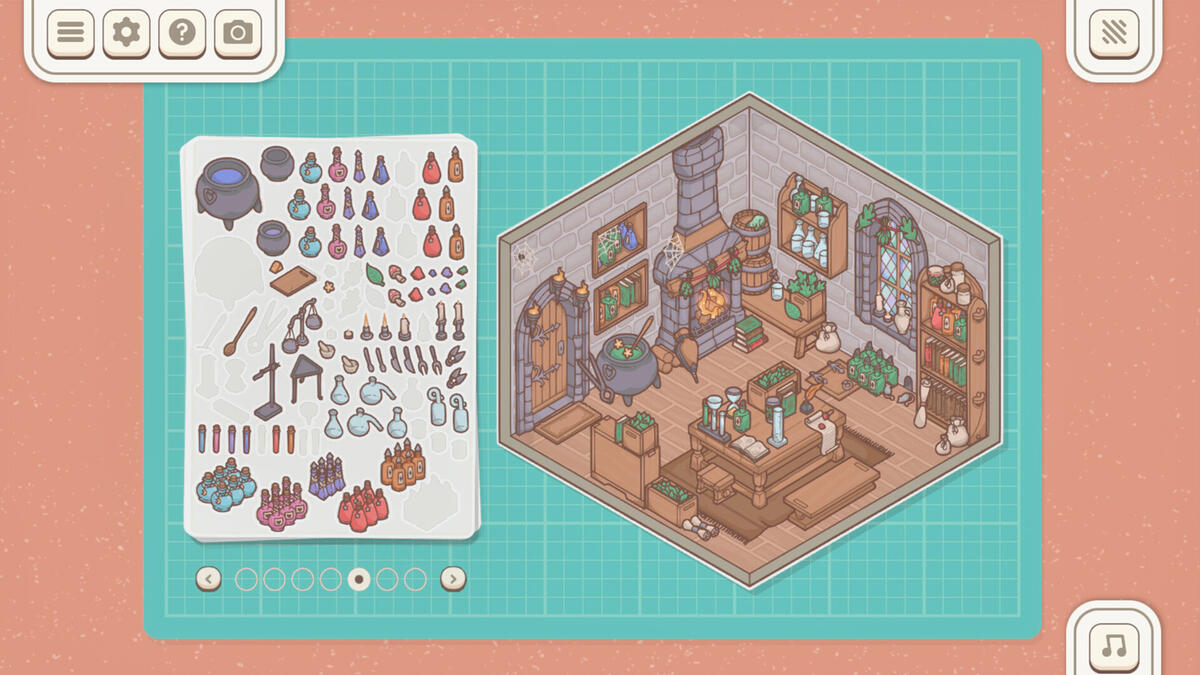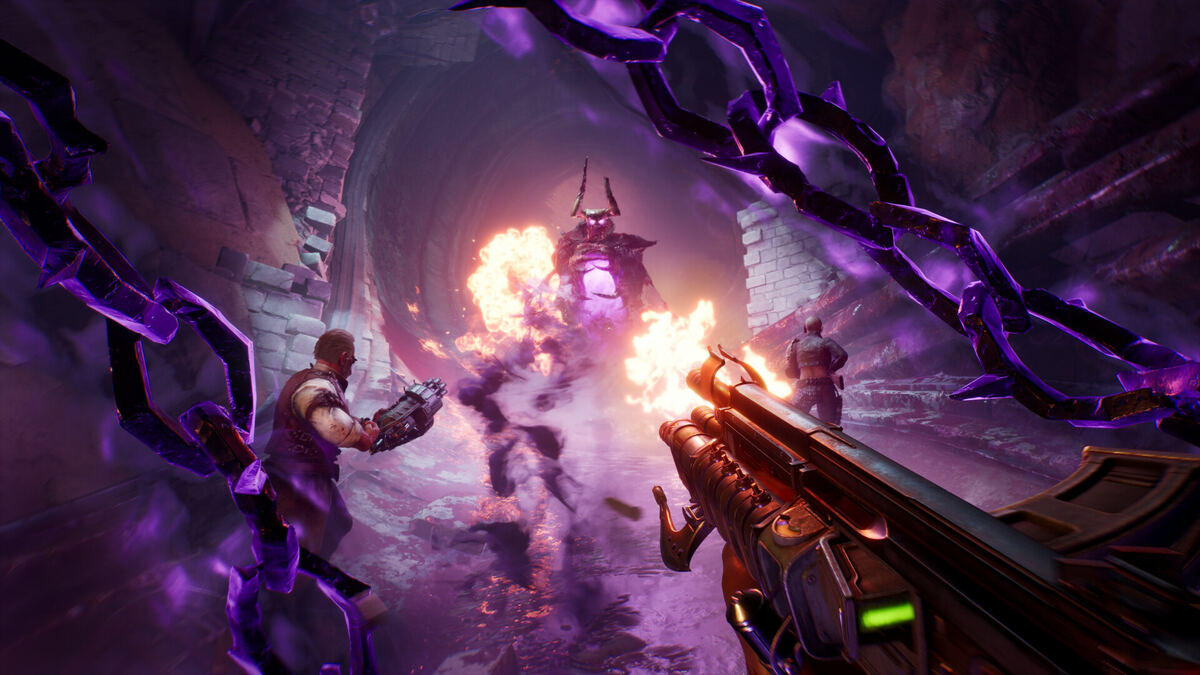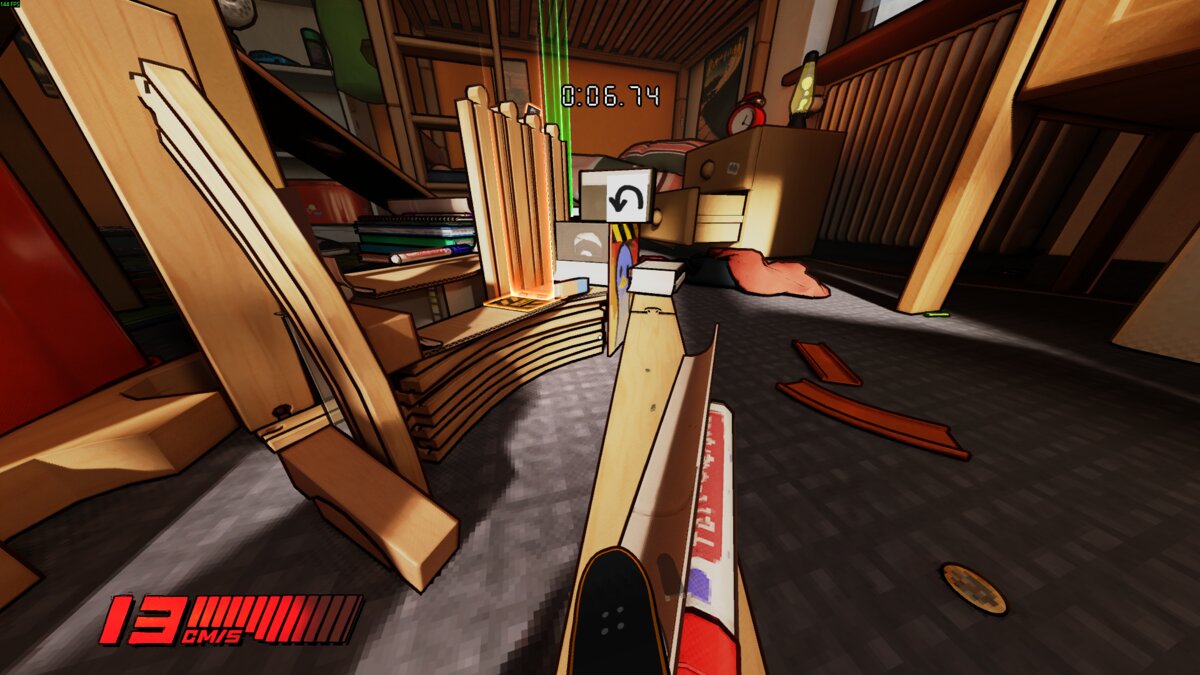You can trust VideoGamer. Our team of gaming experts spend hours testing and reviewing the latest games, to ensure you're reading the most comprehensive guide possible. Rest assured, all imagery and advice is unique and original. Check out how we test and review games here
Have you ever had that dream where you’ve got too much ‘stuff’? No? Well, here’s what happens: Desperate to get somewhere on time, your dream self is constantly thwarted in his/her goal of reaching the intended destination because you simply can’t pack away all the things you have on you. No matter how well you do, more items keep appearing, piling up everywhere, nonsensical, surreal, outrageous. The sheer volume of things that need to be attended to weigh you down, exhaust you, become all you think about, ruining best laid plans. You never feel like you’re getting anywhere, despite your best efforts.
It’s the same with Thief. There’s simply too much stuff – valuables, in particular – littering the place, and it impacts on what the game is trying to achieve. Much like Bioshock Infinite, Eidos Montreal’s reboot of the classic PC stealth series has coins, gold wine glasses, and pretty much anything else that can be AU-plated laying around everywhere. After playing for about an hour, you won’t be able to go through a level without fretting about nicking yet more trinkets.
As Garrett, your mind should be on stalking rooftops, finding back alleys that grant easier access to a target building, using water arrows and other tools to put out fires and get the drop on any guards. Instead, you’re constantly picking stuff up. Which would be fine, if your light-fingered antics were constrained to half-inching valuables from places you’d expect them to be. This isn’t the case, and the sheer amount of loot to be found on the streets of Thief’s world runs contrary to pretty much every other element of established fiction in the game.
Like in Infinite, Thief’s world – a Victorian city cowering in near-constant midnight – is at war with itself, as an imperial upper-class seeks to keep its boot on the neck of the poor in order to strengthen its own position. The toffs do this for all the usual reasons – power, money, strengthening their hold on the supply of cravats – but also because there’s a mysterious disease – ‘the gloom’ – that is slowly but surely killing most of the city’s residents, with no discrimination paid for bank balances.
As such, a lot of the city is quarantined, left to rot along with its denizens. In fairness, the developer has captured this despair well: the constant darkness is both a friend and an oppressor, and NPCs beg for money or moan that they are starving.
So it’s sad to say that despite these efforts, for some reason there are whacking great amounts of gold everywhere, which has the unfortunate effect of pulling you out of the game. Adrian Chmielarz’s excellent point about trinket collecting in the opening of Bioshock Infinite is just as relevant here as it was when used to examine Irrational’s failings. Soon, instead of getting lost in the world, you’ll be lost looking under tables and by bins. Too much stuff.
It’s a shame, because there are moments when playing as Garrett does make you feel like the titular thief. Jimmying windows, feeling around the frames of paintings for hidden switches, picking locks: the game has a tactile quality that plants you in its world. Sneaking into people’s houses and ransacking the joint quietly and methodically will, at first, make you feel more villainous and calculating than Dick Dastardly playing Blofeld in a production of Bond where the bad guys actually win. It controls well, too, and navigating Garrett is a joy: the ‘swoop’ button enables players to dart between cover quickly and easily, and the AI doesn’t seem to possess the superhuman senses that their equivalents in other games do.
Again, however, this good work isn’t being made to pay off as it should. Frankly, Thief is boring. For all of its plus points – and there are a fair few – it feels like something is missing. Just what that something is isn’t difficult to discern, either. There’s no getting away from the fact that Thief looks and plays like Dishonored, minus the interesting story, diverse world, and enjoyable powers that game boasted.
Not that Thief should have a similar magic system, of course. But it should have either an intriguing narrative for players to follow, or a huge, varied world for them to sneak around in. After playing four and half hours of the game, it had neither.
I never had the impression I was in the middle of a huge civil uprising, as the game kept reminding me I was as it dragged me from one cutscene to another. And when I broke from the main story to sneak about and take on some side missions, the thrill of sneaking into apartments and nicking wedding rings and the like soon grew old. There wasn’t enough variety in either the environments or the task at hand: I never felt that I was taking on a huge, multi-part heist, nor did it ever seem that I’d get to creep around in aesthetically or architecturally interesting locales.
Nearly five hours in, this isn’t a good sign. I liked what I played of Thief previously, hoping it would build into something bigger and better. It’s a game that encourages proper stealth: Garrett is so weak in combat, and the mechanics themselves so shoddy, that ‘going loud’ is never really an option. When the game comes together, and you’re using fire arrows to put out lights before swooping past a set of guards and then breaking into houses, leaving without disturbing a single person, Thief shines.
Sadly, it doesn’t look to have sustained this level of play. It’s not bad, at all, just rather bland. A potential shame.
Thief
- Platform(s): macOS, PC, PlayStation 3, PlayStation 4, Xbox 360, Xbox One
- Genre(s): Action, Adventure, Stealth

